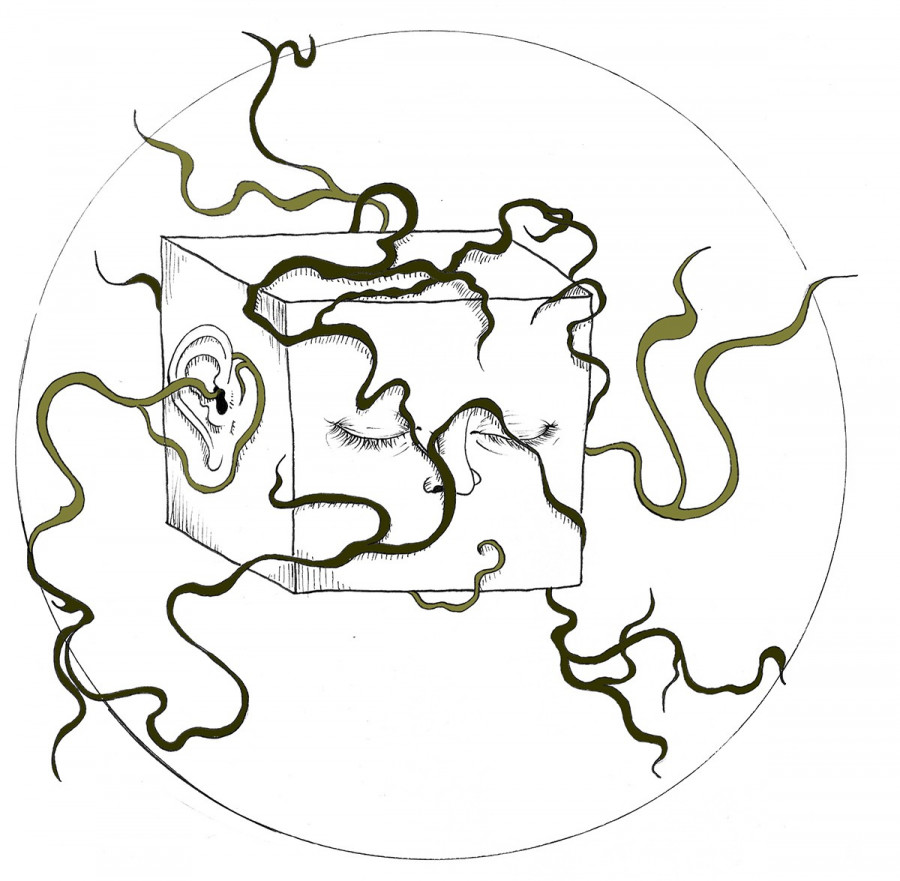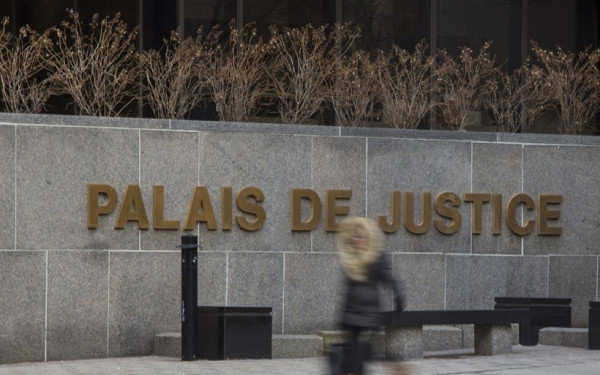The Concordia “Bomb Hoax” Was a Form of Terrorism
In the aftermath of the bomb threat on Wednesday, I saw two main families of response from non-Muslims like me.
The first was along the lines of an opinion piece in the Gazette, saying “We no longer have the luxury of dismissing such threats as sick pranks, empty bluster or delusional ramblings.” These were meant to be responses of solidarity, and they were numerous.
The second was along the lines of a post in Spotted Concordia, saying “We got the message and we’ve all moved on […] Bomb threats scare me a little but midterms make me wanna [sic] shit myself.” These were posts of abject minimization. They were rare, but they were infuriating, because those people had not, in fact, received the message.
If you don’t speak the language of hate, you’re going to struggle to know what the hateful words are saying. It’s understandable, if contemptible, that some students didn’t make the effort. But I know this language well. My history as a Jew is written with it.
The fact that I’m a secular, non-practicing, barely-even-Jew, but that even I can effortlessly translate what happened here, speaks to the enduring violence of hate. After all, it’s so much easier to remind the hated of the pain of unhealed wounds than it is to spill new blood.
That’s the message, by the way. Pain.
The timing of the letter, sent during Islamic Awareness week and one month after the shootings in Quebec, makes it clear enough. It’s meant to remind Muslim students of the physical violence they faced and could face again, and, by doing so, force them to relive the feelings that violence conjures. It’s another kind of violence.
The specificity of the threat against Muslim students is truly meant to isolate the targets in that experience of violence. The aftermath, all the posts and articles, does so as well.
Showing Muslim students that some others’ biggest fears from this threat was the inconvenience of missing an exam is isolating. The administration moving their meetings to a different campus but insisting students go to class is isolating. The media referring to the threat as a “terror hoax,” as did the CBC, instead of an act of violence, is isolating.
This isolation serves to enhance the pain of that violence. And make no mistake, bomb or not, Lebanese perpetrator or not, this was an act of hateful violence. Transforming the place a student goes to every day to study and be with friends into the place where they could die is a traumatic change. People remember bad things more than they remember good things. With this very bad thing and its aftermath, one letter has the potential to rewrite how thousands of students will remember some of their most formative years.
So, anybody saying it was “just a letter,” and that students should “move on” from that, is demonstrating a failure of empathy and effectively saying to their Muslim peers who might be reeling from an existential threat: “Your feelings are dumb.”
Those feelings aren’t dumb, and those feeling them are not alone.
My father works at a synagogue. My Jewish family fled violence and persecution in Eastern Europe at the turn of the 19th century. People with my last name were gassed to death at Auschwitz. Every spray painted swastika or bomb “hoax” against a Jewish place of gathering reminds me of the precariousness of my circumstances, even within the contemporary safety provided by my Jewish whiteness. They remind me that the forces that want me and my people dead never really went away.
Wednesday’s threat did the same, because the hate directed against Muslims is the same as that directed against Jews and other Others. But right now, for a racism-full of reasons, Muslims are at risk of and victims to all forms of violence much more so than Jews.
When that violence happens, call it what it is. Minimizing its targeted effects is tantamount to complicity in what I call terrorism-as-othering




_600_375_s_c1.png)

3_600_375_90_s_c1.jpg)